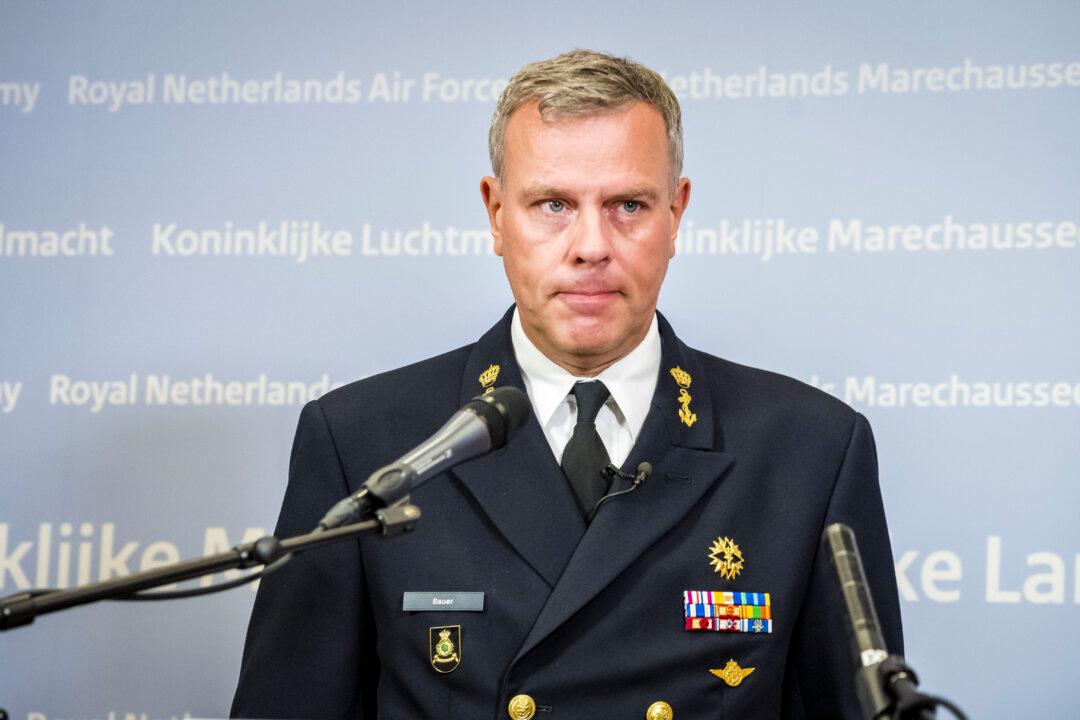NATO Military Committee Chief Lt. Adm. Rob Bauer said Western companies doing business in or with China should be prepared for the Chinese Communist Party (CCP) to make use of that tie in the event of a conflict, given what Europe has seen from Russia.
“We are naïve if we think the communist party will never use that power. Business leaders in Europe and America need to realize that the commercial decisions they make have strategic consequences for the security of their nation,” Bauer said at an event hosted by the think tank European Policy Center in Brussels on Nov. 25, echoing a speech he gave days earlier.





